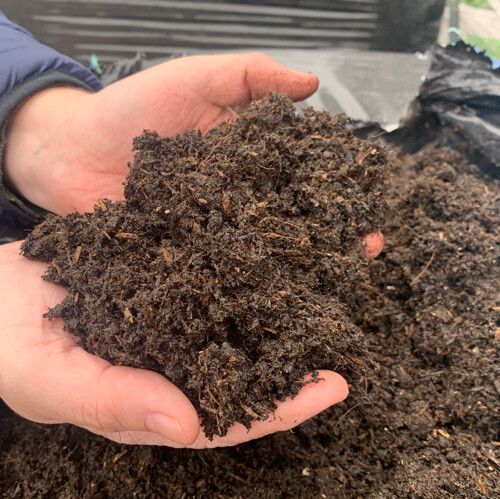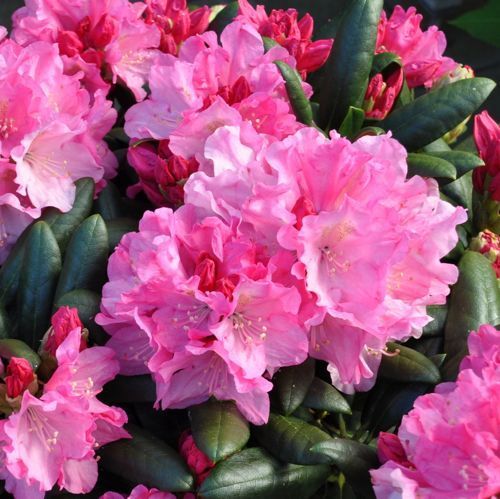What Is Compost?
The word ‘compost’ comes from ‘composite’, and it means a mixture of decomposed organic substances. The word is widely used to describe a whole range of suitable growing media for gardening purposes, including home-produced compost from kitchen waste, general purpose compost, potting compost and specialist composts such as mushroom compost or ericaceous compost.
What Can Compost Be Used For?
Compost can be used as a growing medium by itself, for example, in pots, plant containers or raised beds. You can buy compost for this purpose from garden centres or compost suppliers, and a wide range of suitable options are available, depending on what you want to use it for. For example, mushroom compost, or mushroom and manure compost are very good options for growing vegetables in raised beds. Mushroom compost consists of composted straw and animal waste that has been used for growing mushrooms, and then treated to destroy any spores. Mushroom and manure compost consists of mushroom compost with added manure. Both of these therefore have plenty of organic matter and nutrients suitable for vegetables.
You can also use compost as a soil improver in gardens or on allotments. Adding organic matter to soil has long been recognised as a way to improve soil structure, whether the soil is silty, clay or sandy. Whatever the structure, the organic matter seems to make the soil closer to the ideal soil, loam, with its mid-range particle size, close-to-neutral pH and good but not excessive drainage. You may consider it a bit extravagant to buy compost just to add it to your soil, and many gardeners choose to use farmyard manure for this purpose. However, if you’ve made your own compost from kitchen waste, it can feel very satisfying to use it to improve your garden beds, especially if it’s to grow vegetables!

What Can Ericaceous Compost Be Used For?
If you want to grow ericaceous plants in pots, you will need ericaceous compost, which is acidic and so ideal for these plants, which dislike alkaline soil. If your plants are less specialist in their requirements, you may find that the ideal compost is multi-purpose compost or one of the John Innes Composts (a loam-based compost). These were formulated by the John Innes Institute for Plant Research, and contain the ideal balance of nutrients for plants at different stages, whether seeds, potting on, or mature plants. Because they are loam-based, they don’t dry out as quickly as some other composts. However, they’re made to standard formulae, and at present include peat, so if you want to go entirely peat-free, these may not be for you unless you can find a peat-free version.
Whatever you want from compost, there are so many varieties out there that you’re bound to find a suitable sort for your purpose.

